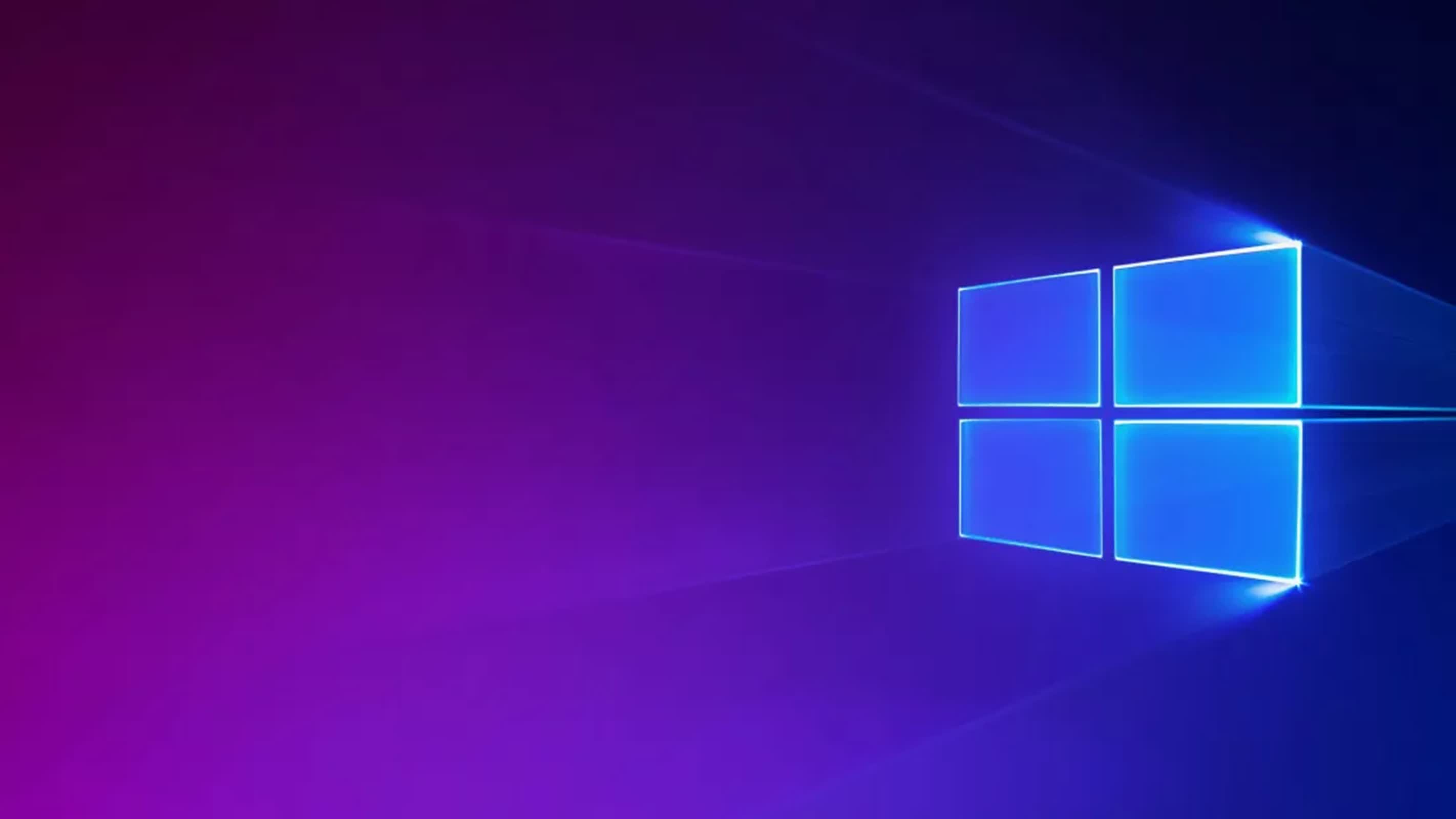In a nutshell: As Microsoft prepares to finish free safety updates for Home windows 10 in October, a big problem looms for charities that refurbish and distribute older computer systems to these in want. With an estimated 240 million PCs unable to satisfy the stringent {hardware} necessities for Home windows 11, these organizations face a troublesome determination: present doubtlessly insecure Home windows 10 programs, ship them to e-waste recyclers, or discover various working programs like Linux.
Microsoft’s necessities for Home windows 11 embody a 1GHz or sooner CPU with at the least two cores, 4GB of RAM, 64GB of storage, Safe Boot functionality, and TPM 2.0 compatibility. Nevertheless, the supported Intel CPU listing solely goes again to eighth Gen chips, launched in 2017, whereas the AMD listing contains Ryzen 2000 sequence and above.
This implies many comparatively current and highly effective computer systems are ineligible for the improve, regardless of having ample RAM and storage.
“Deploying Home windows 10 at the moment is a nasty thought,” Chester Wisniewski, director and international area CISO for Sophos, instructed Tom’s {Hardware}.”The writing is on the wall. Microsoft has made the interior determination to out of date this gear, so I assume they simply don’t desire extra individuals to make use of Home windows.”
Wisniewski notes that Home windows 10 and Home windows 11 share a largely widespread codebase, that means vulnerabilities patched in a single can usually be exploited within the different. On current Patch Tuesdays, dozens of vulnerabilities have been addressed, with some already being exploited by criminals earlier than fixes have been obtainable.

Moreover the safety implications, charities that stay on Home windows 10 should think about different dangers, resembling compliance.
For example, charity outlets utilizing Home windows 10 for digital point-of-sale programs will face potential compliance points with laws like GDPR as soon as help ends. Non-compliance can lead to important fines, damaging the charity’s popularity and monetary stability.
The difficulty of e-waste additionally looms giant, with solely 14 to 40 p.c of US digital waste being recycled. This might result in an estimated 1.06 billion kilos of e-waste, equal to the load of 320,000 automobiles. When digital gadgets will not be recycled, they will find yourself in landfills, the place poisonous substances like lead, mercury, and cadmium can leach into the soil. The contamination impacts soil high quality, making it unsuitable for agriculture, and poses dangers to ingesting water provides and aquatic ecosystems. Moreover, burning e-waste releases dangerous fumes into the environment.
This quantity of e-waste is not simply impacting the surroundings. Based on the UN, the web annual financial value of e-waste is $37 billion. Until enhancements are made to e-waste administration and insurance policies, it’s anticipated to succeed in $40 billion by 2030.

Regardless of these considerations, many customers will proceed working Home windows 10. Based on Statcounter, Home windows 10 nonetheless accounts for 58.7 p.c of all Home windows installations, in comparison with 38.1 p.c for Home windows 11. The chance of all these programs being upgraded or changed by October is low, and even fewer customers will go for Microsoft’s Prolonged Safety Replace program, which prices $61 per 12 months.
Tom’s factors out that charities like PCs for Persons are taking steps to keep away from this concern. CEO Casey Sorensen defined that they discontinued distributing Home windows 10 a 12 months earlier than the cutoff and now give attention to Linux Mint for older programs. “We are going to distribute Linux laptops which are sixth or seventh gen. If we distribute a Home windows laptop computer, it is going to be eighth gen or newer,” Sorensen tells the publication.
PCs for Folks refurbishes 140,000 PCs yearly, providing reasonably priced choices to low-income people and sending older models to recyclers.
Sorensen notes that attitudes towards Linux have modified over time. “Ten years in the past, if we distributed Linux, they might be like ‘What’s it?'” he says. At the moment, many customers view their computer systems primarily as gateways to the web, making user-friendly Linux distributions like Mint extra acceptable.
Nevertheless, Linux nonetheless lacks some fashionable purposes, resembling Microsoft Workplace and Slack, although options can be found.
As charities navigate the challenges of out of date programs, they need to stability the necessity for safe computing with the environmental impression of disposal. No matter path they select, it is clear that many customers will proceed working Home windows 10 past its help lifecycle, leaving them weak to rising threats.

